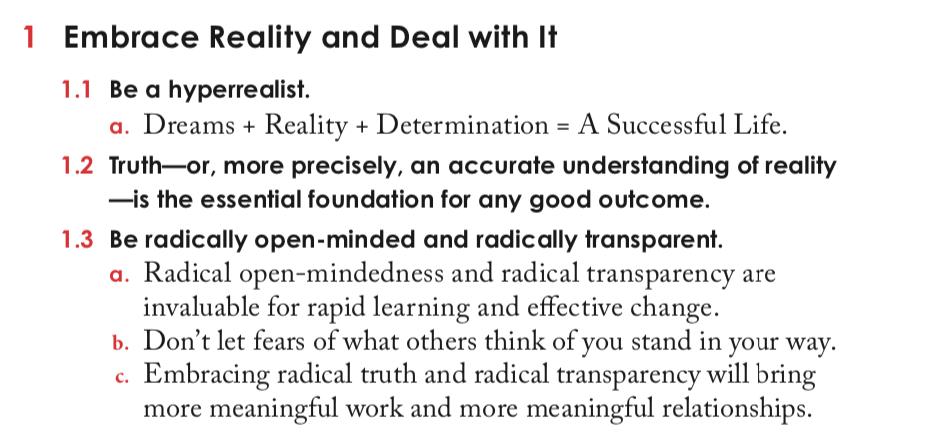2/ Like a company moat, you want to build career capital while you sleep.
As Andrew Chen noted:
https://t.co/GClupyMUO6
3/ You don’t want to build a competitive advantage that is fleeting or that will get commoditized
Things that might get commoditized over time (some longer than others):
https://t.co/SgrfSnriHr
4/ Before the arrival of recorded music, what used to be scarce was the actual music itself — required an in-person artist.
After recorded music, the music itself became abundant and what became scarce was curation, distribution, and self space.
5/ Similarly, in careers, what used to be (more) scarce were things like ideas, money, and exclusive relationships.
In the internet economy, what has become scarce are things like specific knowledge, rare & valuable skills, and great reputations.
6/ Some examples of personal moats:
https://t.co/z4wTRxMYWL
7/ Litmus test: If there is a Quora post with step by step instructions on how to do something, or if a lot of people have done it, then it’s likely not a durable personal moat.
If there’s a playbook for it, then how defensible is it?
(Unless you're the world's best at it.)
8/ Think of the moats described earlier:
How do you invest in 10+ unicorns like
@eladgil? How do you build a mega captive audience like
@tferriss? How do you become an encyclopedia like
@tylercowen? No playbook.
9/ How do you find out what could be your personal moat?
Ask others: What’s something that’s easy for you to do but hard for others?
AND very difficult for people to reverse engineer?
10/ Something that has high barriers to entry (e.g need to do 1 of below):
- Have the right relationships
- Be willing to risk social disapproval
- Get good at something w/ no playbook.
- Pick something that isn’t big now, but it will be in the future
https://t.co/ZTdTyqMKHh
11/ What is some tangible, yet wildly generalized, advice?
A) Discover what you can be great at. Align it w/ what could be important in the future.
B) Get so good they can’t ignore you.
C) Leverage super power to build other assets, but not too soon:
https://t.co/vFUBBJhsiN
12/ In tech, the cleanest (albeit, hardest) way to build a personal moat is to start a successful company.
There are other ways, but they just take longer.
A future tweet storm will be on how to build career capital without doing so.
13/ All thoughts, questions, and other examples of personal moats are appreciated.
















